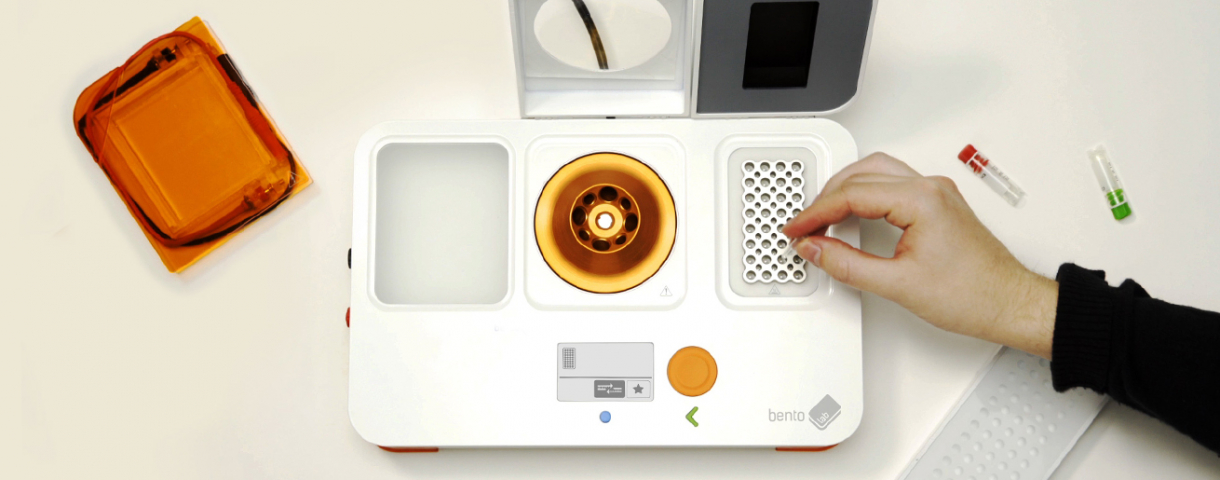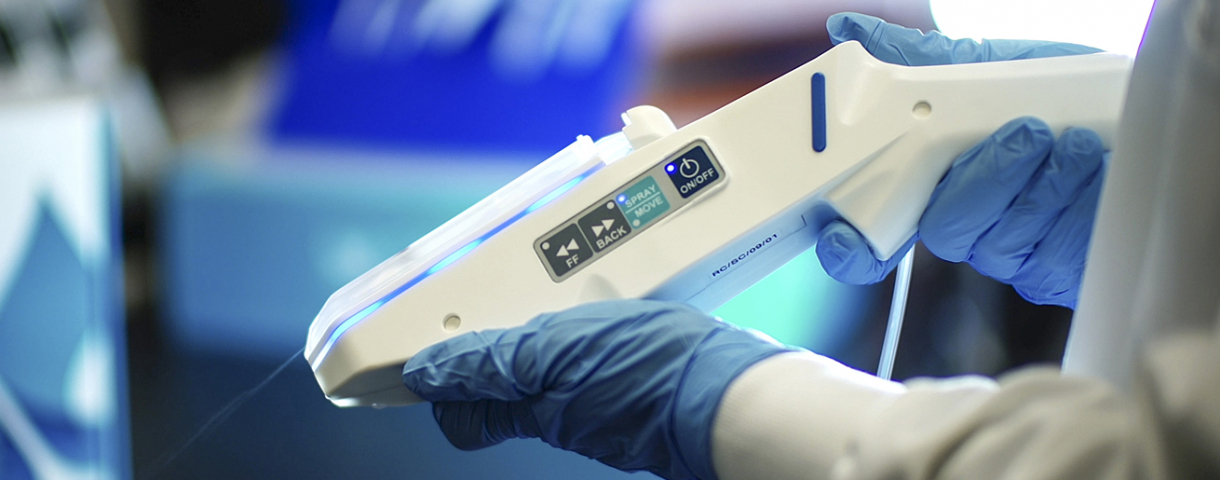For long-term treatment and therapy, approximately only 50% of all patients take their medication as prescribed in developed countries. In developing countries, this number is closer to 30%. This adds up – in the US alone – to $289 billion in avoidable costs. But more importantly to people lingering in the medical system without being cured, or even worse, dying, as a result.
Recognizing this effect, the team behind the Gastric Resident Drug Delivery Capsule focused on developing orally-delivered dosage forms, which enable ultra-extended drug delivery – enabling medicine to be administered correctly for days, weeks or even months following the ingestion of a single capsule. The result is a novel star-shaped drug delivery system that has both the dimensions and mechanical properties to resist passage out of the stomach, enabling its prolonged safe residence within the stomach while simultaneously allowing the safe passage of food out of the stomach.
Addressing this problem may have a greater impact on public health than any improvement in specific medical treatments, as highlighted by the WHO in their report of medication non-adherence. Through this, the Gastric Resident Drug Delivery Capsule also holds a great potential for improving social and economic circumstances for millions of people – rich and poor – all over the world.






